What are the techniques and how can these help you to fall asleep?
People have their way to help them fall asleep faster, but the same technique does not work for everyone. Some have healthy sleep habits and others don't, some always manage to get a good night's sleep without any technique and others are still trialling various routines. We aim to give you a helping hand in the world of trying to fall asleep fast, and hopefully, you will find what is right for you. After all, we all want a good night's rest.
Put the following techniques into practice and you will find what is most successful for you. Implementing proper sleep hygiene will allow you to improve sleep quality and over time they will become habits of your bedtime routine. All the techniques induce relaxation, with the aim to calm your body and mind while evening your body temperature before you fall asleep.
Fall asleep faster & easier with these sleep techniques
Work your way through the list, find out what you have already tried and the next steps you should take for endless nights of better sleep. It is unlikely that just one of these techniques will help, you are more likely to benefit from a combination of them all.
Lower your room temperature
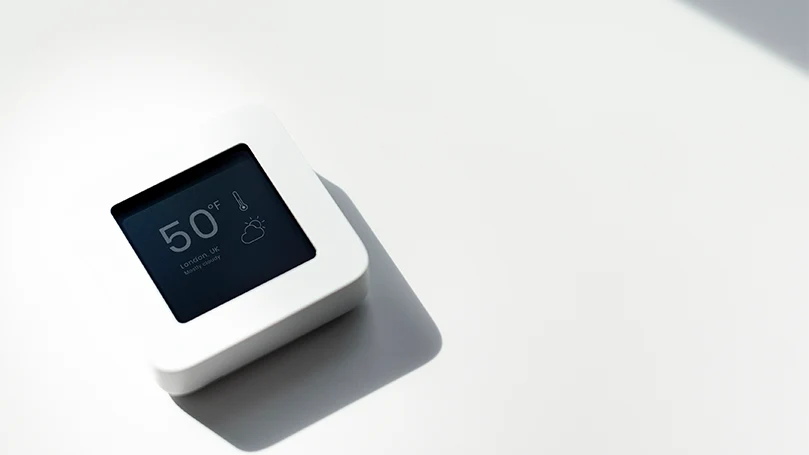
Temperature can affect your sleep so this is the first step to getting the perfect sleep environment. If your room is too hot at night, you will find yourself tossing and turning which will disrupt your sleep. This then makes it difficult when you want to be staying asleep all night, reducing your sleep quality.
The ideal temperature to fall asleep in is 18ºC and your temperature will decrease as you are falling asleep so give or take a few degrees around 18ºC. However, if you are too cold at night you can have difficulty falling asleep because you can find it hard to relax your muscles but does not affect your sleep cycle.
4-7-8 method
This is a military method of deep breathing techniques to help with calming your body to encourage restful sleep. To start with you need to exhale completely before taking your deep breaths. From here you will quietly inhale for four counts and hold your breath for seven counts. Follow this with a deep exhale out through the mouth for eight counts.
It is a form of muscle relaxation techniques and relaxes the nervous system. You should repeat until you feel completely relaxed or you end up falling asleep.
Have a strict sleep schedule & stick to it
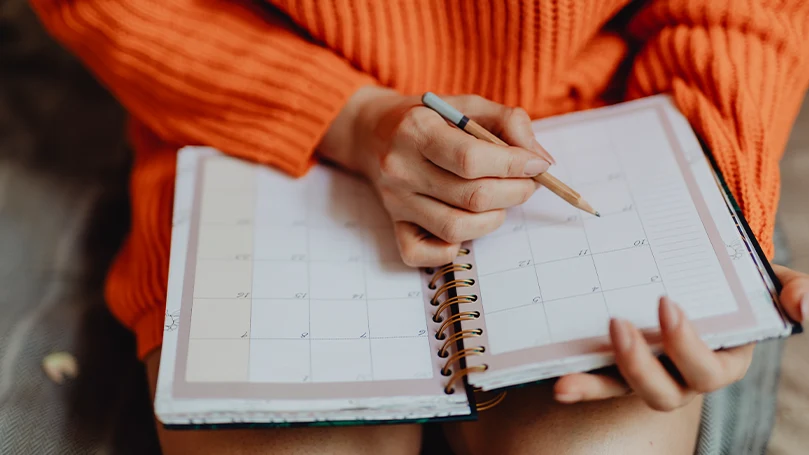
Improving your sleep hygiene should be the next tip you try if you have a hard time falling asleep. Take time to look at your sleep patterns – you should work out a sleep routine that fits your everyday routine. You should start by aiming to go to bed at the same time every night, making sure it gives you time for at least seven hours of sleep.
A sleep routine can vary for each individual so it may need some trial and error to find what suits you. By changing your bedtime to the same time every night and waking up at the same time, you will find that your body clock will get used to this schedule which in turn will help you to fall asleep faster in the future.
Have enough daylight sun exposure
Having exposure to sunlight first thing in the morning is a great way to start the day and wake your body up. Being out in the daylight will keep you alert throughout the day. Once it gets dark and the sun goes down, your body will know it is time to wind down in the evening. Use the daylight to your advantage to aid with better quality sleep. Not only does it help with staying awake, but it is a way to lift up your mood so you can go to sleep happy. A bad frame of mind can give you trouble sleeping.
Yoga, meditation & mental health
Light movement before going to sleep is a good idea for those who find it hard to unwind. A bit of mindfulness meditation or yoga helps to clear your head. You can find different routines to follow to target the body or the mind. Yoga is good for when you need to lightly stretch and relieve some pressure in the body, whilst calming your thoughts. Meditation is the best option if you just need to relax the mind with controlled deep breaths and improve your mental health for a healthy sleep.
Stop looking at your clock
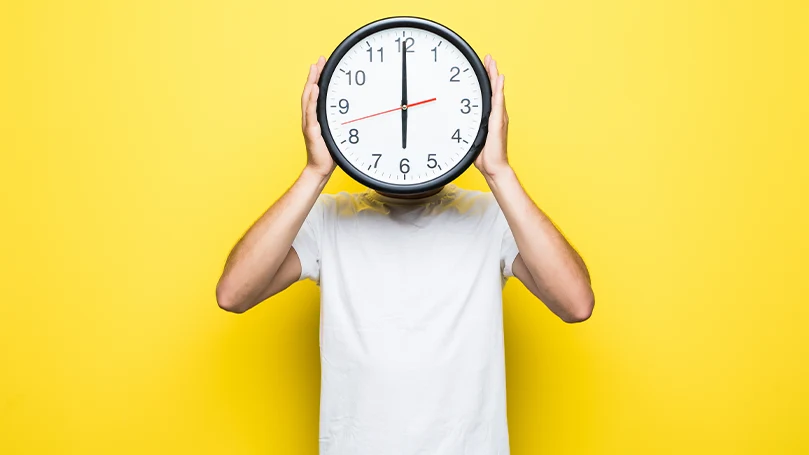
It can be tempting to keep checking the time before you fall asleep to work out how much sleep you will get. This is a habit that you will need to try and stop because it can cause you to stay alert even when you feel sleepy. You will become too conscious of the time and your sleep duration that you will not fall asleep faster.
Skip the naps during the day
It is best to avoid naps during the day even if you feel tired. Naps can affect your sleep pattern so it is best to stay awake until your bedtime. If you are trying to fix tiredness with naps then it could lead to you falling asleep later in the evening and changing your whole sleep pattern. The only time you should take a nap is if you have had poor sleep or a short sleep duration, but you should keep the nap to 20-30 minutes as a power nap. A short nap can help to get you back on track.
Obviously, if you have sleep problems or sleep apnea that cause sleep disturbances then it is best to speak to a sleep medicine specialist. Sleep disorders should be taken seriously, in comparison to a slight lack of sleep, that is what sleep medicine specialists are for.
Watch your diet & eating schedule
Your sleep quality can change depending on the food you consume and when you consume it. It is ideal to have your last meal a few hours before you plan to sleep because it gives you time to rest and digest. Eating your breakfast within an hour of being awake gives you plenty of time between eating it and having lunch. A good way to remember is by having 12 hours to split up your meals and 12 hours off. For example, this would mean finishing food by 7 p.m. and having breakfast at 7 a.m.
Listen to some relaxing music
Listening to progressive muscle relaxation audio clips or soothing music as part of your bedtime routine can help to fall asleep faster. However, some prefer to listen to ambient sounds, such as rain or thunderstorms, while they fall asleep because they are familiar sounds which many people find comforting as they get into a deep sleep. Your mind will focus on the sounds you are hearing rather than thinking about any thoughts you may have. The ultimate relaxation techniques.
Hit the gym daily

Physical health is just as important as mental health when it comes to sleep quality. It keeps your heart rate up and allows your nervous system to calm once you have finished. It is recommended to exercise at least an hour before you go to bed so you are not trying to fall asleep with a high heart rate or blood pressure. Exercise stimulates the body and mind, putting you in a better headspace for better sleep at night. If going to the gym daily is not doable for you, do similar workouts at home – even some light exercises or going for a walk with help.
No electronics in the bedroom
To promote sleep and improve sleep, it is worth trying to keep your electronics out of your room or at least stay off them before going to sleep. Many people find they fall asleep fast when they come off their phones or stop watching TV for at least an hour before going to sleep. You are likely to have quality sleep if you have had no distractions beforehand.
Limit caffeine intake
You are likely to have a worse sleep quality if you are having caffeine before bed. It is a stimulant that will complicate your sleep. You will find it harder to fall asleep as you will stay awake for longer until it wears off. If you want good quality sleep then you should not have caffeine too late in the evening. The last time you should consume any caffeine is six hours prior to going to sleep.
Find the ideal sleep position
A simple way to improve sleep is by changing your sleep position. To be the most comfortable in a deeper sleep, it is recommended that you sleep on your back. It will keep your spine aligned with no discomfort. Being a side sleeper can be an ideal position if your neck, shoulders and back are aligned.
If you are a front sleeper but you can fall asleep quickly then there is no need to change something that works for you. However, if you are a front sleeper and you can't fall asleep fast then it is worth trying the other two ideal positions for a comfortable night's sleep.
Read a book before sleep
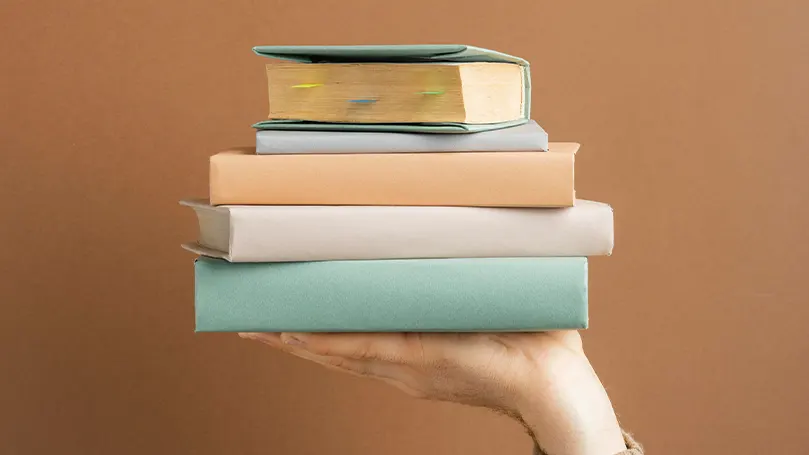
When you put your phone down and turn off the electronics, you could make time in your bedtime routine to read a book. It is a much better option for the mind and is a form of escapism, it will keep your mind stimulated but you will only be focusing on the book and not unnecessary thoughts. Reading a book can keep you awake until your bedtime without overstimulating you.
Visualize things that make you happy
Picture a relaxing scene and let it take you away from reality, it can be a variation of mindfulness meditation. Think of family and friends, or core memories, or your dream holiday – anything that can put you in a good mood. Get yourself into a positive state of mind and remove any negative thoughts.
On the other hand, some practice paradoxical intention and use it in the form of reverse psychology, you could find that it will reduce performance anxiety. The pressure of knowing you need to fall asleep fast can make it more difficult to fall asleep. If you convince yourself to stay awake with paradoxical intention then it could be reversed to send you to sleep. This is a practice that you should teach yourself before relying on it to help you fall asleep.
Supplements
If the warm shower or bath isn't enough for muscle relaxation then you may need to look further into other methods, such as supplements for the use of sleep medicine. Supplements will ensure your body is getting what it needs and boost what you lack. Hopefully, it will build up your system for sleep efficiency. Do not take supplements before seeking medical advice, or reading about the side effects and information.
Magnesium
A low dose of magnesium before you go to sleep can help to improve symptoms of a sleep disorder, like insomnia, by not only being an aid for you to fall asleep fast but to keep you in a deep sleep.
5-HTP amino acid
Taking 5-HTP as part of your evening routine will help to maintain a healthy sleep cycle. It is not recommended for long-term use but on the occasion you need it. This supplement can have mood-enhancing effects on you as well.
Melatonin
Melatonin is a natural hormone in the body so it is best for short-term use. This supplement will promote sleep so you can get back into your routine.
GABA
GABA supplements reduce the time it takes to fall asleep, but some say you will need to take them for at least a week to feel any benefits on stress and sleep.
L-theanine
While it isn't proven to induce sleep, it can be used at night because it promotes relaxation. In turn, you are able to fall asleep quicker and have a better night's sleep.
Do mattresses and pillows improve your sleep quality?
The National Sleep Foundation suggests finding a mattress that gives you support and comfort to suit your sleeping positions, to give you a better chance of sleeping well.
Conclusion
From the military method to progressive muscle relaxation, there is something new for everyone to try and ideally help you to fall asleep quickly. Falling asleep fast is not always easy and you will find some nights harder than others, but it is worth trying more than just a hot bath or shower to get you through the night. You do not have to fall asleep fast to have a good sleep, although it is less stressful if you can. Nighttime sleep is so important to your daily routine and you should work on factors throughout the day that lead up to how you sleep.

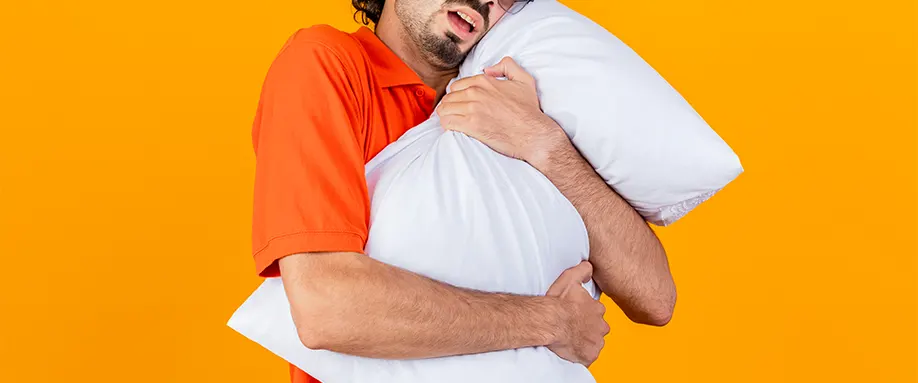











There are no comments yet
"*" indicates required fields